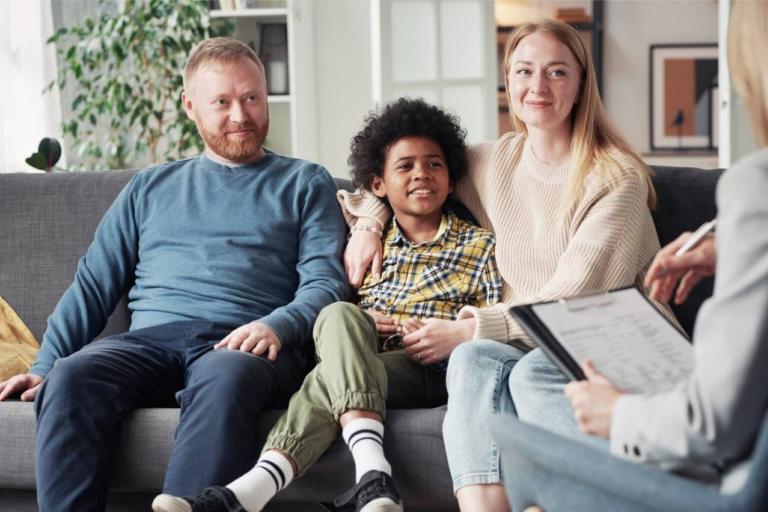Short breaks (mainstream) carers look after children whilst their usual carers aren’t available—or to give them a break. You’ll need to be willing to look after children of different ages and be available typically anywhere from two nights to two weeks.
No matter your circumstances you are sure to find a type of fostering that is right for your lifestyle.
Once you have registered to become a foster carer and completed the application process, we will work with you to see which type of fostering suits you best.
We currently have a shortage of foster carers for:
- young people aged 11 to 17
- large sibling groups
- children and young people who are disabled or have complex needs
Types of fostering we can offer
Short breaks (mainstream)
Emergency care
Some children have to be moved at short notice, sometimes during unsociable hours. Emergency foster carers are there for children for a brief period of time until short term carers are available or until the child is able to return to their family. You’ll need to be able to provide a safe place in an emergency with little notice and be willing to look after children of different ages and needs.
Short term care
This can range from a few weeks to two years. As a short term carer, you will provide a safe and secure place for a foster child to live whilst we try to reunite the child with their birth family or find them a long term foster family.
Long term care
Some young people are unable to live with their birth families on a permanent basis.
As a long-term foster carer, you will provide a planned placement that will allow a young person to grow up in a safe and secure environment often over a number of years. Many children are still in contact with their birth families so a key responsibility for all long-term carers is supporting this contact in partnership with Foster4Leeds.
Support care
Support carers provide planned short breaks to children living at home with their families. You will help and support a child living at home by providing regular breaks through which children can enjoy a safe and nurturing environment. Children will spend one to three night stays with a support carer every few weeks, and most support care agreements last between six and twelve months.
Supported lodgings (Post-16+ provision)
This type of fostering helps older children and young adults learn to live independently. You’ll need to enjoy their company and understand the issues facing young people today. The emotional and practical support you’ll need to give will depend on the needs of the young person you are fostering. You’ll be able to work full time and will be paid an allowance for each person you look after.
Private fostering
If you’re planning to look after the child of a relative or friend for more than 28 days or you’re already doing so, you are legally required to let Leeds City Council know about your arrangement so that we can make sure that you’re getting the right support and that the child is safe. Just give our team a call during office working hours on 0113 222 4403.
Kinship care
If you’re planning to look after the child of a relative or friend that is in care, this is known as kinship foster care. The easiest way to become a kinship carer is to give our team a call during office working hours on 0113 378 3537.
Special guardianship
After fostering a child for a long time you can choose to become their special guardian. With this kind of arrangement you will become a long term guardian of the child but the child’s birth parents will still have some limited parental responsibility. This will offer a child safety and security without stopping their relationship with their birth parents. For more information, please contact the Kinship Care Team during standard office hours on 0113 378 3537.
Short breaks (disabled children)
If you have less time to commit but still want to make a difference then this type of fostering could be for you. You need to be able to foster just one weekend every 6 weeks but could foster more often if you wish. Short breaks offer disabled foster children a new and loving environment where they are able to build their independence and build new relationships.
Parent and Child Foster Care
If you have experience working with families and space in your home for a parent (or parents) and their child, usually a baby, you could be a parent and child foster carer. You would be responsible for guiding a new parent, providing support and advice and providing your feedback and observations in the form of an assessment to the Social Work team to help inform decision making for the child.
Register to become a foster carer
We welcome applications from any ethnic background, religion and sexuality, and it doesn't matter whether you are employed, unemployed, married, single or divorced. The most important thing is that you have a spare bedroom and time to give to a child.



